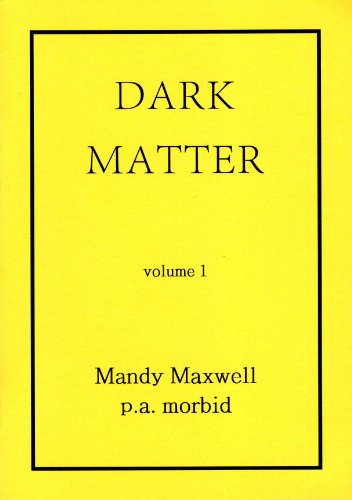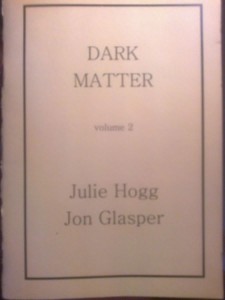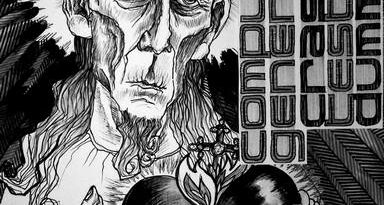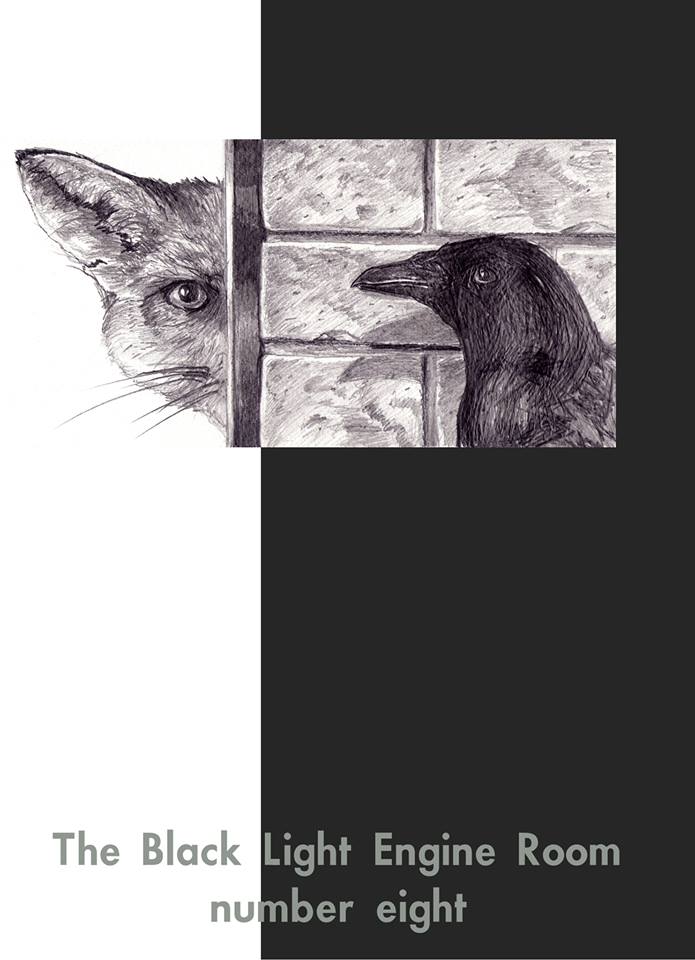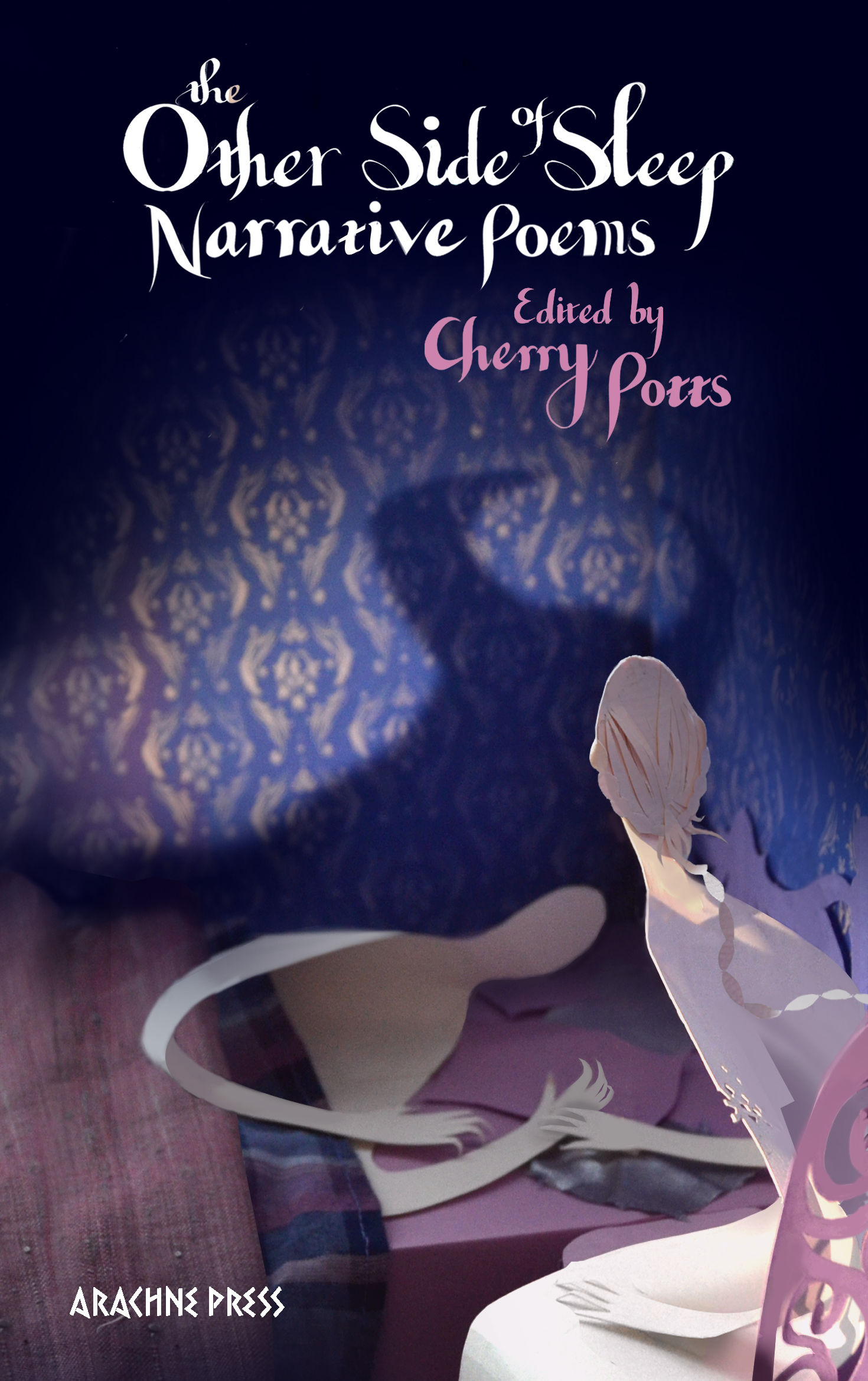Dark Matter volumes 1 and 2
-Reviewed by Penny Boxall–
The yellow covers of these super-cute mini-collections are mysterious and inviting: think Aubrey Beardsley’s The Yellow Book, neat and minutely printed. Each volume showcases eight pages of poems from two poets; volume one features Mandy Maxwell and the series’ editor, p.a. morbid. Eight pages is a small space in which to establish voice, but the selection has been made wisely. Mandy Maxwell’s collection treads a taut line between dislocation and association, as seen in poems like ‘Kirsten’: “She mispronounces words like shiny and beautiful, / but always gets disappointment right.” Sometimes writing in an adopted voice, these are sensitive invitations into fragmented lives.
Morbid’s work has the feel of a selection of light and slightly dangerous snapshots. In ‘7:05am’ “the green of the Lilac tree / stands out as a lurid mistake”. I like the attention to language here: the greenness is not like a mistake, but reveals itself as a mistake. Even Nature is sometimes a bit amiss in this urban landscape, along with its people. In the prose poem ‘She’ the speaker starts noticing a local character around town:
At first I didn’t understand what she was saying, why she was pulling her jeans forward, away from her belly. Then[…] I heard her. ‘This was how small my baby was. Look! Four pounds he was!’
Volume two, with Julie Hogg and Jon Glasper, develops the format nicely. In Hogg’s ‘Maelstrom’, the elemental collides with the suburban: “you left me, wild winds in your wake[…] from our confusing little / cul-de-sac”. The leaving is portentous (“September shifted / suddenly seven days into October, in a squally rush”) but not hopeless: there is, in the “dark Nordic blue sky”, still “one true pocket of azure” which the speaker packs carefully up in memory. It’s a quick twist of sentiment which we see again in ‘Little Deaths’, where we’re jolted from “taking photographs in a forest, / good shots in a glade” and into the hospital ward where “little deaths slid through the door”.
Jon Glasper, who dedicates his selection to “the Lost”, delights in wordplay. In ‘Produce/Consume/Despair/Self-medicate’ we are invited, among the “binge-a-rellas” of a messy night out, to “admire the architecture / of a trampled Ribena carton” and to see in a cigarette packet a “cargo of tiny white torpedoes”. (Incidentally, I think “a bravado of inarticulates” should be adopted as an official collective noun.) In ‘I bet you can’t hit me with a pound’, the ‘unlaundered Rasputin’ is a gnomic figure, gathering stillness to himself rather than using the jaunty begging technique of the title. He, surely, is one of the Lost – and with Glasper’s help we find him again.
These petite volumes are great taken as shots of poetry, little espressos introducing you to new poets. The poems are at their best, I think, when they take linguistic risks, which all the poets here do at various points. I appreciated being able to get the measure of each chapbook in half an hour, when full collections can sometimes seem dauntingly sprawling. I look forward to seeing other engaging pairings from this little press in the future.
To obtain a copy of Dark Matter, get in touch with p.a. morbid through The Black Light Engine Room Press Facebook page. Volume 1 is available here.

